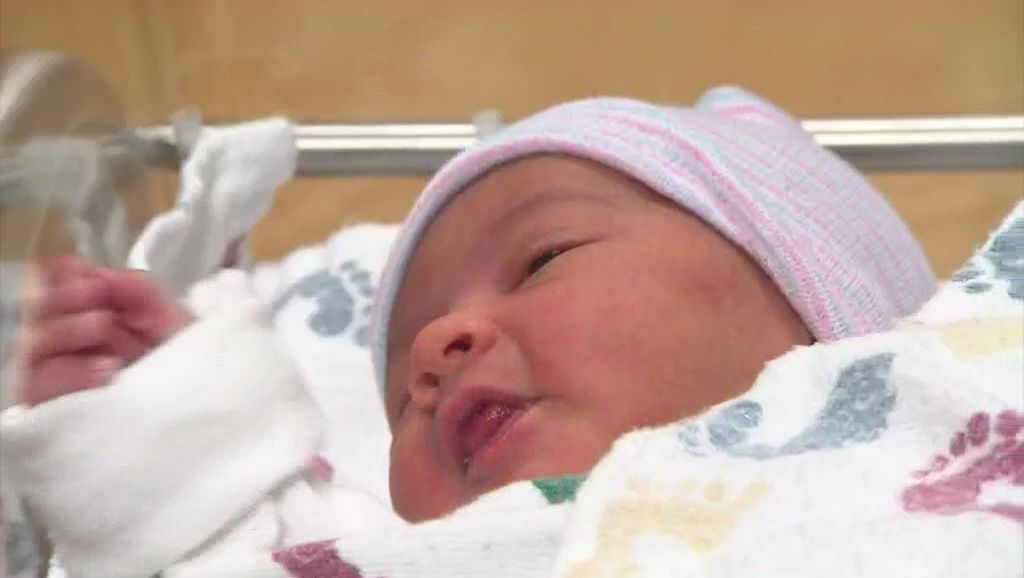STATEWIDE – Texas has one of the highest maternal mortality rates in the developed world, and a new analysis of public health data shows an infant's risk of death within the first year of life by ZIP code.
David Lakey, M.D., is Vice Chancellor of Health Affairs at the University of Texas System. He's the former Texas Health Commissioner. His team recently created an interactive map showing infant mortality rates across the state.
"ZIP Codes that could be side by side can have a six, seven or eight times higher rate of infant mortality," Lakey said. "I tend to think of it also through a societal lens: poverty, poor education, access to health care. All those things play into that infant mortality rate."
Health officials used to track infant mortality by county, Lakey said. However, that method did not show the people who needed help, especially in the state's most populous counties. The new approach shows ZIP codes like 78203--just east of the Tower of the Americas in San Antonio--has an infant mortality rate that is almost three times the state's average of 5.7 deaths per 1,000 births and almost five times the ZIP code immediately to its south.
IN-DEPTH | Infant Mortality Rates Interactive Map
Lakey hopes making the raw data available publicly will spur a variety of people to analyze it and propose solutions.
"Try to sift through that data, so that we can be smarter and have a much more targeted approach," he said.
Part of that targeted approach includes new federally funded initiatives that target populations most at risk of infant mortality.
"That might be rural families, families that are employed in multiple jobs that might not have as much time," said United Way for Greater Austin's Shalyn Bravens.
Her organization launched a program in September that sends nurses to homes with new parents. The ZIP code map helps target crucial health services for mother and baby both before and after birth, she said.
"The families that have historically been underserved are the Hispanic and the black communities," she said.
Experts say those home visits provide information parents might not otherwise receive.
"Safe sleep, so there are no infant deaths related to that; proper nutrition and breastfeeding," said Phil Huang, M.D., Director of Austin Public Health.
The Family Connects program is currently funded by federal grants distributed by the State of Texas. Health officials say the program will need private and local government support to expand and sustain.



